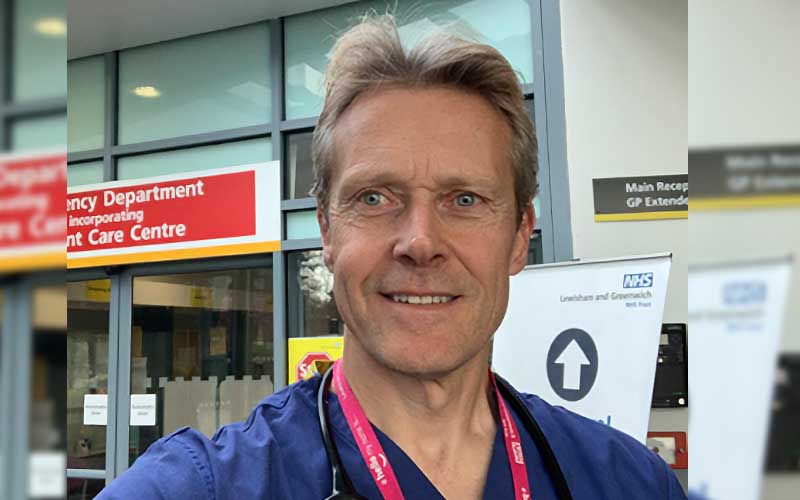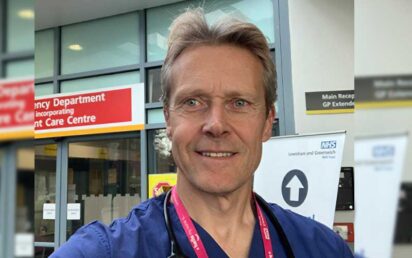The traditional 8am call to the local doctors might have remained the best way to book an appointment for years to come, had it not been for the disruptive challenge of a nationwide lockdown.
That’s the view of eConsult Strategic Director Dr. Mark Harmon, MBBS.
The firm, one of many HealthTech businesses helping to keep the NHS running during COVID-19, allows the NHS to treat and triage patients away from physical GP consultations.
It is working with more than a third of GP practices across the UK and is the leading digital consulting app treating patients online with the eTriage service – a digital triage solution for NHS Emergency Departments and Urgent Treatment Centres, developed by clinicians.
Harmon said the new model for first contact with patients has already proven a success.
“Before the crisis, approximately 70-90% patients in primary care were seen face to face. Now that has been turned on its head and 90% of patients are treated remotely,” he explained to BusinessCloud.
“This has huge advantages for patients as it prevents unnecessary contact and reduces risk of infection. At the same time it is enabling doctors to triage their needs quickly and safely and get them the care they require.
“The current crisis has stimulated innovation and accelerated the adoption of digital as an enabler to assist in clinical decision-making and diagnostics.
“It has definitely moved the acceptance and adoption of digital triage forward a number of years, in a matter of weeks.”
Online consultations such as eConsult give patients access to a GP 24/7 to avoid an in-person meeting, but also offer self-help and self-referral.
“This can save the patient from the interminable queue on the phone at 8am every morning and an unnecessary trip to the practice in many cases.
“This ease of access to specialist help and support will change the game in how we use our health services.”
The firm has also built A&E triage via its eTriage platform, which requires a different approach to that of a virtual GP visit.
In these cases, eConsult adds tablets to the A&E wing, removing a burden from staff and allowing the platform to access and look up patients records before a ‘streaming nurse’ signs off the patient’s next steps, be that a visit to the GP or a medical emergency.
Harmon said he could envision AI helping in this decisioning process in years to come, but that currently there was not enough data or evidence to replace clinicians during these decisions.
On the firm’s growth plans, Harmon said eConsult’s priority is to continue improving its digital triage products across Primary and Secondary Care systems with the AI it already utilises.
He said the next three years would be “focused around AI and embedding intelligence to further improve accuracy, sophistication and added functionality, for example linking to medical records to assess risk and developing automated vital signs capture”.
“We are ultimately linking all the systems together to improve patient safety, patient experience and system efficiency,” he added.
The firm is also moving into secondary care and is currently working with a number of Trusts to launch its eTriage digital product for A&Es, with the aim that within five minutes of arrival, the platform has identified how sick a patient is.
“We work and engage actively with patient groups and commissioners to ensure we are doing everything we can to create a fully inclusive product whilst understanding there will always be a small number of exceptions,” he said.


